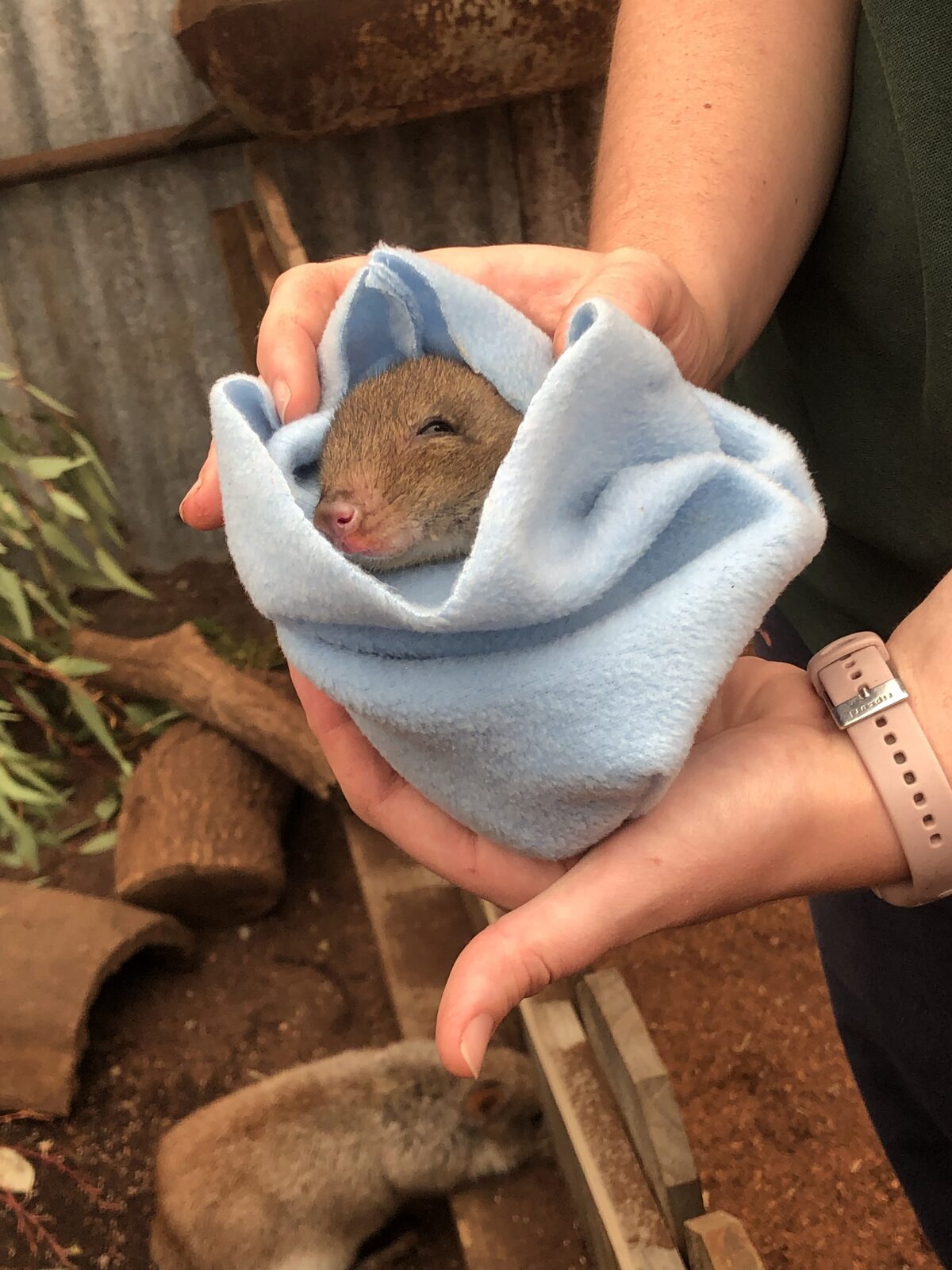Not too fast: The perils and promise of downlisting species

The IUCN Red List is the global barometer of extinction risk. When a species improves enough to be “downlisted”—moved from a higher to a lower threat category—it is often celebrated as a conservation success. But a recent study urges caution. Downlisting, the authors argue, can unintentionally lead to funding cuts, weakened legal protections, and diminished political will—risks that may imperil species before their recovery is secure.
The case of the woylie, a small Australian marsupial, underscores the danger. Downlisted in 1996, it suffered a catastrophic 90% population collapse soon after. By 2008, it was reclassified as Critically Endangered. Its status only improved again in 2024 following renewed interventions. The lesson: recovery can stall or reverse if conservation is withdrawn too soon.
Of 1,500 species with genuine status changes on the IUCN Red List between 2007 and 2024, 85% were uplisted—moved closer to extinction. Just 222 were downlisted. Among those, several high-profile cases sparked controversy. The red-crowned crane’s 2021 downlisting was driven by population growth in Japan, though its Chinese population has plummeted. The black-faced spoonbill, proposed for downlisting to least concern, remains highly vulnerable due to concentrated habitats and threats like climate change and avian flu.
Downlisting can weaken legal protections and shift conservation priorities. Flagship species often drive habitat protections and environmental scrutiny. A lower threat status may lessen urgency for further action, especially in countries where red-list status informs national policy.
To mitigate risks, the study calls for early, inclusive engagement with local experts and the use of complementary tools like the IUCN’s Green Status of Species, which assesses a species’ recovery and conservation dependence. A species may no longer face imminent extinction, but still rely on human intervention to survive.
Downlisting should be seen as a milestone, not a finish line, the authors conclude.
Celebrating progress is warranted, but only if conservation commitment endures beyond the headlines.
Mongabay News: https://news.mongabay.com/short-article/2025/07/study-highlights-dangers-of-declaring-conservation-success-too-soon/
Citation: Mu-Ming Lin et al (2025). Downlisting and recovery of species assessed by the IUCN. Conservation Biology. https://doi.org/10.1111/cobi.70103